It’s been a hell of a 24 hours since Donald Trump was sworn in. As expected, the returning US president came in guns ablaze, signing an array of executive orders shortly after being given the keys to the Oval Office for the second time.
This included an order for the US to withdraw from the Paris climate agreement and the World Health Organization, as well as declaring a national emergency at the southern border.
Mercifully, the all-out trade war promised during his campaign trail has been avoided, with Trump dropping his own pledge to introduce tariffs on goods from around the world on “day one”. This undoubtedly had fmcg businesses around the world breathing a sigh of relief – for now.
The US head of state still made good on his intentions to slap neighbours Mexico and Canada with 25% tariffs, starting in February, while painful 60% levies on Chinese goods are dependent on how well a deal over the future of TikTok goes. As for universal tariffs of up to 20% on all imported goods, Trump simply said: “We may, but we’re not ready for that just yet.”
So while this may sound like positive news, especially for UK food and drink exporters who count the US as their third-largest market, it is worth keeping in mind the threats for disruption to trade and international relations are still very much alive.
Tarriffs dominate trade
Trump is known for being a volatile leader with an extremely dynamic approach to policy, and what is certain today might not be so certain tomorrow with him at the helm of the world’s largest economy.
Businesses therefore “must stay vigilant”, warns Simon Geale, executive VP at Proxima. “This is a fluid situation, and tariff proposals could shift, new measures may emerge, or negotiations could result in a status quo if Trump achieves progress on his key concerns.”
We have previously explained what a world where US tariffs dominate trade could look like for the agrifood industry. But the influence of Trump’s presidency on business goes well beyond that.
Notably, withdrawing the US from the Paris climate agreement – meaning it will no longer legally have to abide by net zero legislation – and making good on his promise to “drill, baby, drill” in a bid to stimulate the US fossil fuel industry and bring down energy prices, will certainly hinder global efforts to bring down carbon emissions and encourage a wider trend to de-escalate sustainability ambitions.
In the months leading up to his taking office, some of the world’s biggest banks and financial institutions – including the US Federal Reserve – have quit prominent climate action groups. This is, to put it mildly, quite worrying, as the support of financial institutions is crucial to delivering the net zero mission. Without it, business can easily say it can’t afford the investment, especially during times of economic strain.
Trump’s immigration crackdown will also see “labour costs in the US rise”, according to former FDF chief Ian Wright, “creating ripples that reach shores” as any small change to regional supply chains has potentially huge knock-on global effects.
Expect the unexpected
Trump may also “demand NATO members boost defence spending to 3% of GDP, paving the way for higher taxes, cuts to public services, or slashes to foreign aid”, Wright points out. With UK inflation already on the rise again, “factor in potential tax hikes driven by defence spending, and the cost of living crisis could deepen”.
Then there is also Trump’s dislike of the WHO and his somewhat paradoxical approach to the role of government in health and obesity policy. For a president known for his love of a McDonald’s burger and with a Diet Coke button installed in his office, to appoint gym and wellness aficionado Robert F Kennedy Jr to be secretary of health and human services raises more questions than provides answers as to the future of fmcg giants in American markets.
RFK Jr has been very vocal about his concerns for the effect ultra-processed foods play in diets and overall health, but with UPFs’ current catch-all definition, it is unclear what this will mean for the many multinationals raking in billions from US customers, like Coca-Cola and Nestlé.
Ultimately, businesses should expect the unexpected over the next four years, Wright warns.
“This isn’t 2016,” he says. “Back then, Trump had no expectations of victory and no plan to govern. Now, he has both. The UK food and drink industry must be equally prepared to act with purpose.”


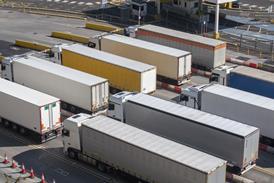
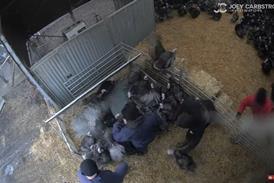

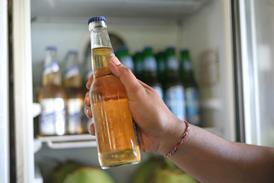

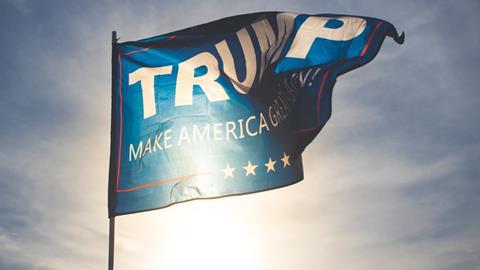


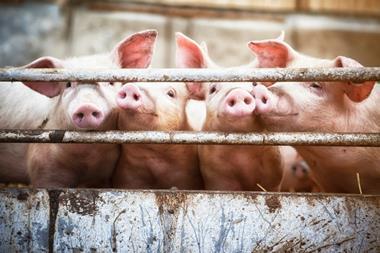
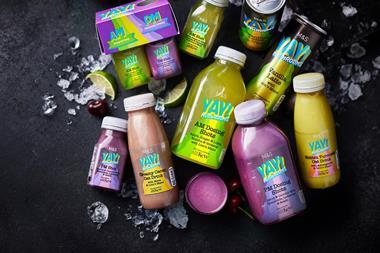
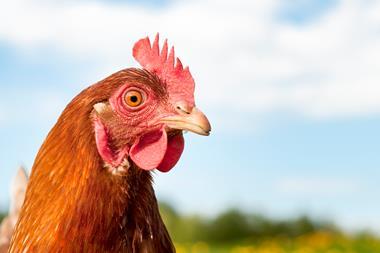






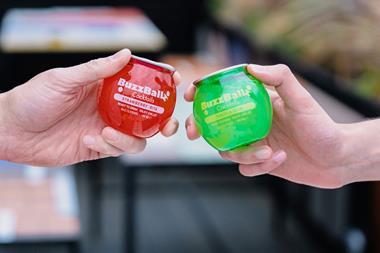
No comments yet